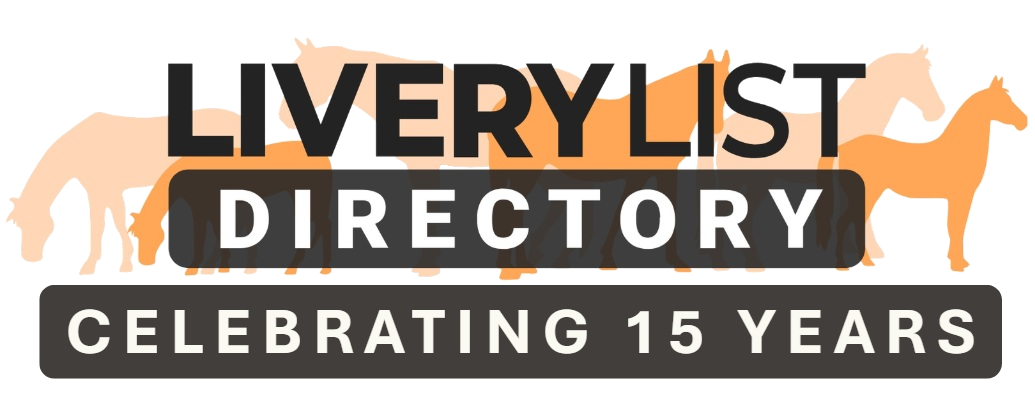The FEI Board has approved a temporary exemption to the FEI Veterinary Regulations in response to the shortage of vaccines in Europe created by supply issues facing Boehringer Ingelheim, a key producer of equine influenza vaccinations.
At its meeting on Thursday, 8 September the FEI decided to extend the booster intervals from six to 12 months in combination with increased disease surveillance and a higher level of general biosecurity.
Currently, Article 1003 of the FEI Veterinary Regulations requires Equine Influenza boosters to be given in the six months (+21 days) leading up to a competition, but not within seven days of arrival at the Event.
With the worldwide temporary derogation approved by the FEI Board in effect from 1 October 2022 to 1 April 2023, horses will be eligible to compete at FEI Events with the most recent booster taken within a period of 12 months, but not within seven days of arrival at the Event. All other requirements of Article 1003 must be fulfilled during this period.
In order to increase disease surveillance during the derogated period, Article 1029.7 of the FEI Veterinary Regulations that concerns the testing of febrile horses for EHV-1, is expanded to also include testing for Equine Influenza.
Caused by technology upgrades at one of its vaccine production facilities, Boehringer Ingelheim is currently experiencing supply delays for the Equine Influenza (EI) vaccine ProteqFlu® as well as the Equine Influenza and Tetanus vaccine ProteqFlu® (TE). The biopharmaceutical company is working on a number of measures to address these delays.
“In their review of the potential impact of the vaccine shortage, the FEI Epidemiology Group found that even a short interruption to vaccine supplies could have a significant impact on several types of sport, breeding and leisure horses,” FEI Veterinary Director Göran Akerström explained.
“However, the horses with the highest risk of developing a disease, including life threatening conditions, are horses aged 0-4 that do not yet have a strong immune defense against Equine Influenza. In particular, equine sectors with young horses, such as breeding and horseracing could face serious horse welfare problems if vaccines are not available to them. Old, retired horses could also be at a high risk.
“This is why the FEI Veterinary Epidemiology Working Group has advised that middle-aged equines, like FEI horses that are at least six years old and that have been vaccinated on a regular basis, are considered better protected because of a longer vaccination history. The Group was in agreement that a temporary extension of the booster intervals would not put the FEI population of horses in danger of developing disease, while making vaccines available to the more high risk equine groups in the short term. The equestrian community now needs to work together to mitigate a very challenging shortage of vaccines.
“The extension is only a temporary solution and only possible because FEI horses are well protected after having been vaccinated every six to 12 months, often for many years. We will revert back to the six month booster interval as soon as the vaccine availability is back to normal as we need to continue building on this collective immunity for the long term.”
The FEI Veterinary Department will monitor the situation and updates will be provided to the community and the public on a regular basis.
Equine Influenza Vaccines – FEI FAQs about the current shortage
